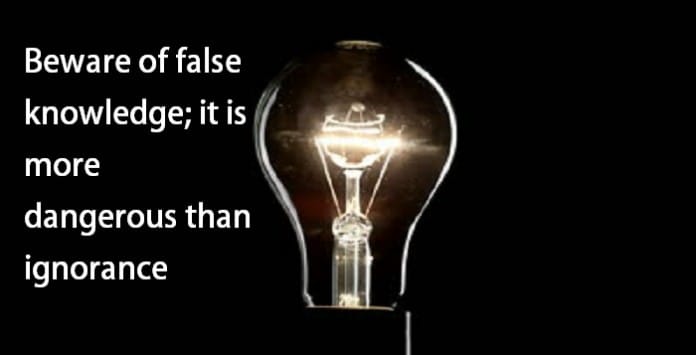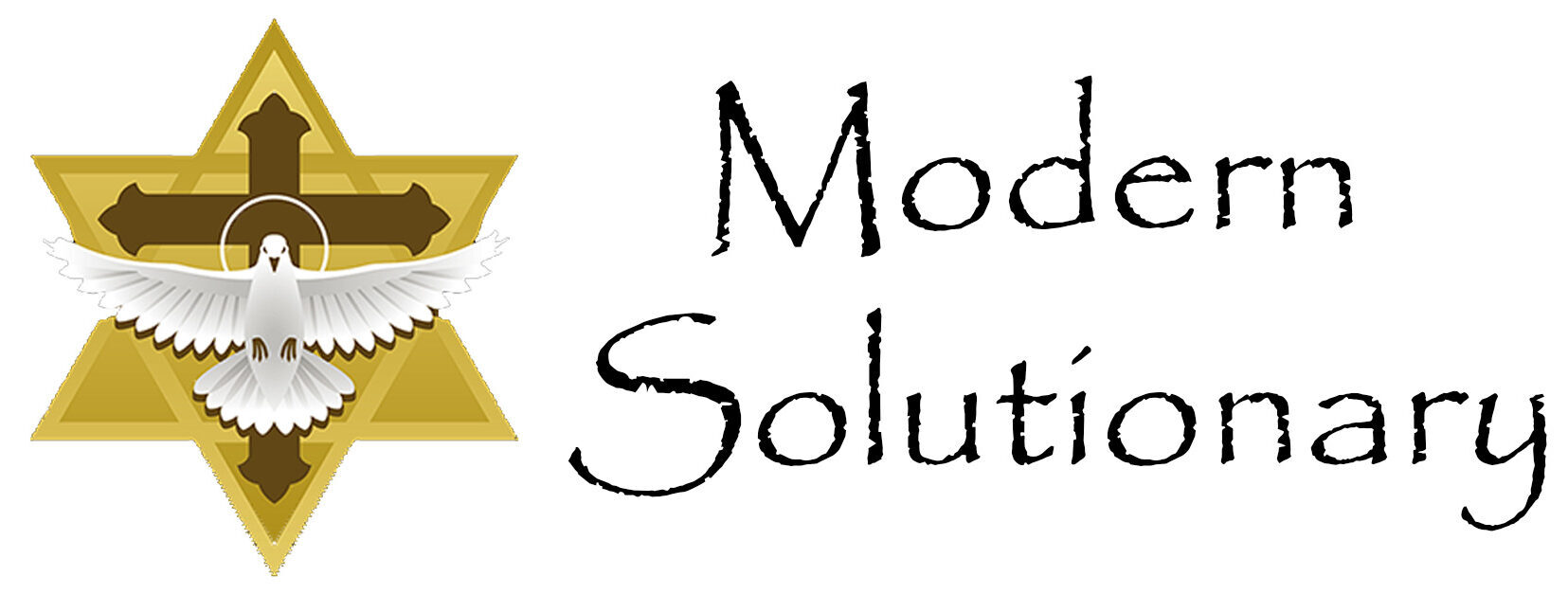
I was asked this question by a C Suite professional friend of mine: “Why are we, as a society, making fewer wise decisions than ever before?” After pondering this inquiry for a day or two this was my reply.
Picture a field scattered with large bundles of hay each surrounded by crowds of people. Each bundle represents a problem that society grapples with. The crowds are those people intimately effected by the problem. The hay pile is made up of countless “straws”; pieces of information specific to that problem, opinions from those only slightly effected by the problem, and larger “twigs” representing the symptoms that the problem emits.
The symptoms or “twigs” are more noticeable because they are bigger than the individual pieces of information that surrounds it. What ultimately happens is, many problem-solvers sort through the pile of information in search of the straws of truth but they are sidetracked by the larger branches of the symptoms and the emotional pleas of the crowd. Symptoms associated with a problem can be just as painful as the problem that created it. The difference is, a symptom can never be solved, it can only be ignored, masked or evaluated to determine its source. As a people, we are constantly and easily distracted from the actual problem by the pain of the symptoms. Just as a medical symptom such as a fever can become life-threatening, while the problem that causes the fever remains untreated; a symptom of a problem does the very same thing. Over the years, we have become a society who avoids solving problems by focusing our attention on the symptoms we can never solve.
Here are a few reasons that support this truth:
- Too much false information is being distributed like never before.
- Trustworthy people are being swayed to support relativistic views so as not to be socially rejected.
- Too many people in government with agendas that benefit from the problems of others.
If you are among those who benefit from having a problem remain in society; it is too easy today to disseminate false content that will lead intelligent people into becoming emotionally bonded to the lies. Even those who may not agree with the falsehoods will struggle to be able to discern the truth needed to solve the problem because it is hidden deep beneath the reams of emotion-driven content addressing the pains of the symptoms.
Consider, when I was young the public had fewer sources of information. We had maybe five television news channels which aired only three times a day for one hour. When a societal problem was reported, regardless of which channel you listened to, the message was almost identical. We were not told what to think, we were all given the same information and we decided what was true or false from an unbiased presentation of facts. Not surprisingly, most people could identify the truth. That is no longer the case. We now have over a dozen news channels, an ever-growing pool of social media sources and access to countless internet sites, all at our fingertips every minute of every day. As a result, there is no shortage of opinions while very few trustworthy sources of unquestionable information exist.
The good news is all of this can be fixed. We need to begin holding our civic authorities accountable when they ignore the true societal problems. Consequently, the people have to take full responsibility for their own problems. Most of societal problems are truly just the self-inflicted symptoms that are pushed onto the backs of others. The problem must be solved by the individuals, with society supporting correct behavior through commonly held laws and values associated with the truth.
The public has to demand an unbiased news stream. Journalist should not be allowed to pontificate their beliefs; we will do enough of that on our own through opt eds and social media. They should be held to a level of only reporting honest facts; relying on the public to use those facts to form their own decisions.
Finally, we have to quit whining and start winning. Emotions do not solve problems. Today, like never before, people emotionally lock down the doors that open their mind to new views. People are being manipulated by emotion to the point of being closed minded to the truth. The truth is more important than how we feel. Whether we are happy or sad, peaceful or angry does not change the truth. This is why people seek out therapist; some of us need an unbiased mediator to get past the emotions that fuel our bad thoughts, words and actions.
We can do this, because once upon a time we proved we could! Are we willing to do it again?
If this is my last post, I want all to know there was only one purpose for all that I have written; to have made a positive difference in the lives of others.
Anthony “Tony” Boquet, the author of “The Bloodline of Wisdom, The Awakening of a Modern Solutionary”
